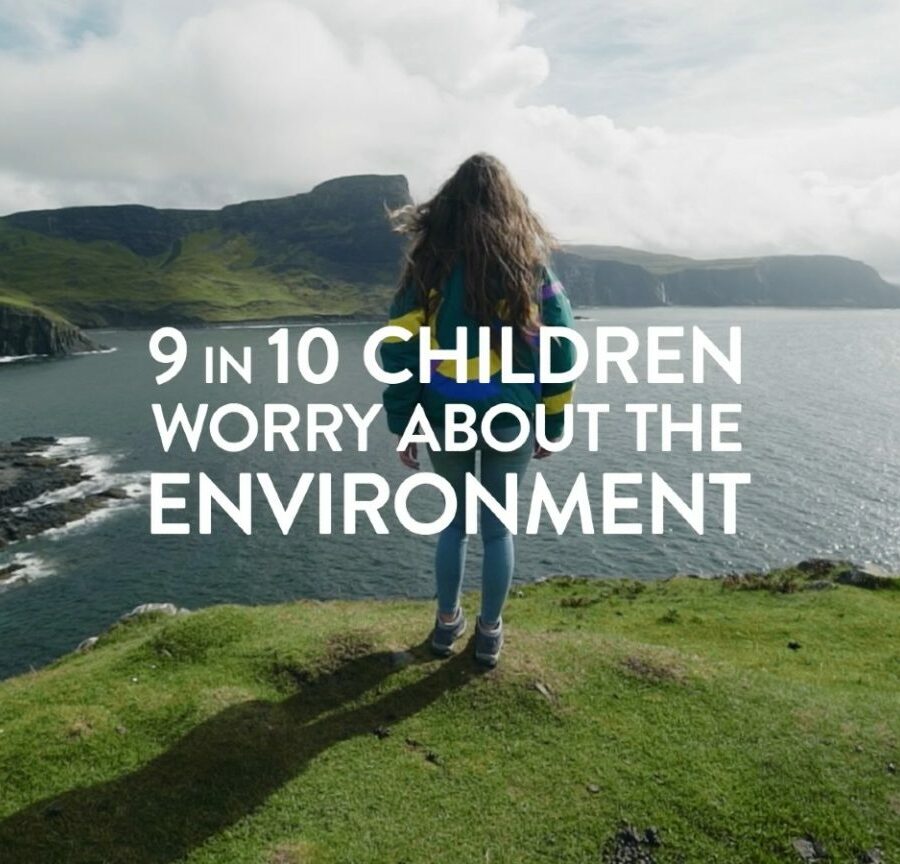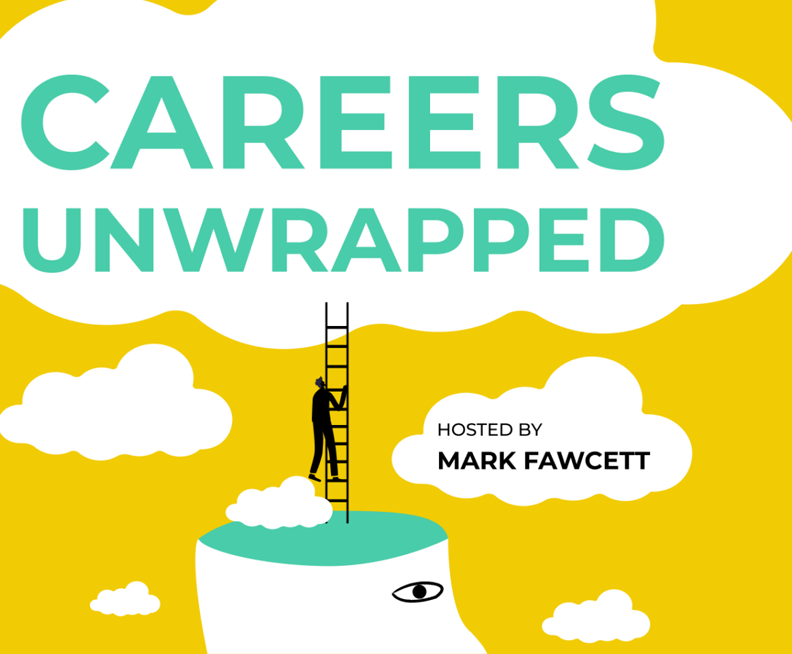The future of your business depends on how well you understand young people.

Why doing, not saying is key to successful recession marketing
15 February 2023
Media Shotz
Alex Young, Managing Director, We Are Futures
Inflation, interest rate rises and soaring energy prices have all been doing their bit to eat away at consumer confidence lately, and now a recession may be on the horizon.
Brands will also be trying to figure out how to best navigate their way through the uncertainty that may lie ahead.
But as Alex Young, Managing Director at We Are Futures, explains, the secret will be in doing, not saying…
We’ve have been living under the threat of an official recession for months, but with the cost-of-living crisis continuing to take its toll the word recession is all but semantics.
Times are tough, margins are being squeezed, spare income is falling and concessions are having to be made on where money is spent.
So where does that leave brands?
We’re all very familiar by now with the advice to advertise through a recession, a message backed up by decades of statistical research, so a complete shut down and radio silence is a big no.
But, by the same token, it is as bad to stick blindly to a business-as-usual approach with no change in content output or messaging.
Rather, try changing tack completely, and see how you make an actual positive difference in people’s lives at a time when they need it the most.
Instead of offering twee advice, or rolling out platitudes to show your brand is on the side of the struggling consumer, why not up your game and offer something more tangible? Switch from saying to doing.
What do I mean by that?
Be helpful
Look at how you can actively support young people, families and communities.
By rolling out services and genuinely helpful advice will not only keep your brand front of mind, but will reposition your brand in people’s minds as one that stepped up to help when times were tough.
Those actions will be far more powerful than standard advertising as they provide clear discernible benefits to current and prospective customers.

Helping members of the public with information that will have a positive impact on their lives – explaining complex financial issues or showing how they can save energy and lower their household bills are all a strong alternative narrative for businesses – even those not obviously connected to finance or energy.
By adding value that is not necessarily focused on shifting product, marketeers can reposition the role of their business in consumers’ lives and in doing so create an important emotional connection.
Be compassionate
Put yourself in the shoes of the end-customer and take a moment to stop being a marketer concerned with sales figures and the bottom line and instead be a person.
Understanding the needs of the public and striking the right tone with your communication will be what sets you apart from less considerate competitors and, ultimately, will have that positive impact on your sales figures.
It may not happen tomorrow or next month but when the economy is back to full strength it will be your brand that people feel a connection with and loyalty towards.
Be self-aware
Meanwhile, remember to look inward and not lose focus on what is happening on your own doorstep.
There are few quicker ways to achieve negative PR than to financially reward your staff at a time when the wider world is struggling to make ends meet.
Paying big bonuses or shareholder windfalls are as bad as excessive and extravagant spending such as away days and staff parties being reported on social media.

Think how you feel every time a company reports yet another record breaking annual profit right after they’ve sent you a bill that’s increased by something like 100%.
That’s the feeling you want to avoid.
Be authentic
The public wants to feel like we are all in this together, so will naturally support a company whose ideals match theirs. This is especially true of younger consumers – those who you want to get on side now ready for a lifetime of loyalty.
They are keen to get behind organisations who share – and crucially live – their values, proving they go beneath the surface and top-level, sales driven marketing.
Recession – or the threat of recession – brings fear and uncertainty so the goal here should be not to think ‘how can I get customers to spend’, but to put yourself in the customer’s shoes, and implicitly understand their needs in a time of crisis.
Brand communication should never just be about ads. People want help, guidance and advice when the situation calls for it.
There’s no magic solution, but redirecting budget to personal touch-points and actions that will make more of a tangible impact is key.
The value will show itself, but it’s the agency’s job to show their client that success may not show itself simply in the usual form of clicks and conversions but in driving connection through something deeper, kinder and altogether more long term.
View other news & views

Scottish Water launches Generation H2O by We Are Futures
Read more
We Are Futures podcast-led initiative Careers Unwrapped helps brands develop talent in schools
Read more
It’s back to school time for brands: three lessons every client looking to engage with young people should learn.
Read more
Linkedin, Nintendo and Sky are Gen Z’s top employers
Read more
Nintendo and Spotify named as Gen Z’s favourite brands
Read more